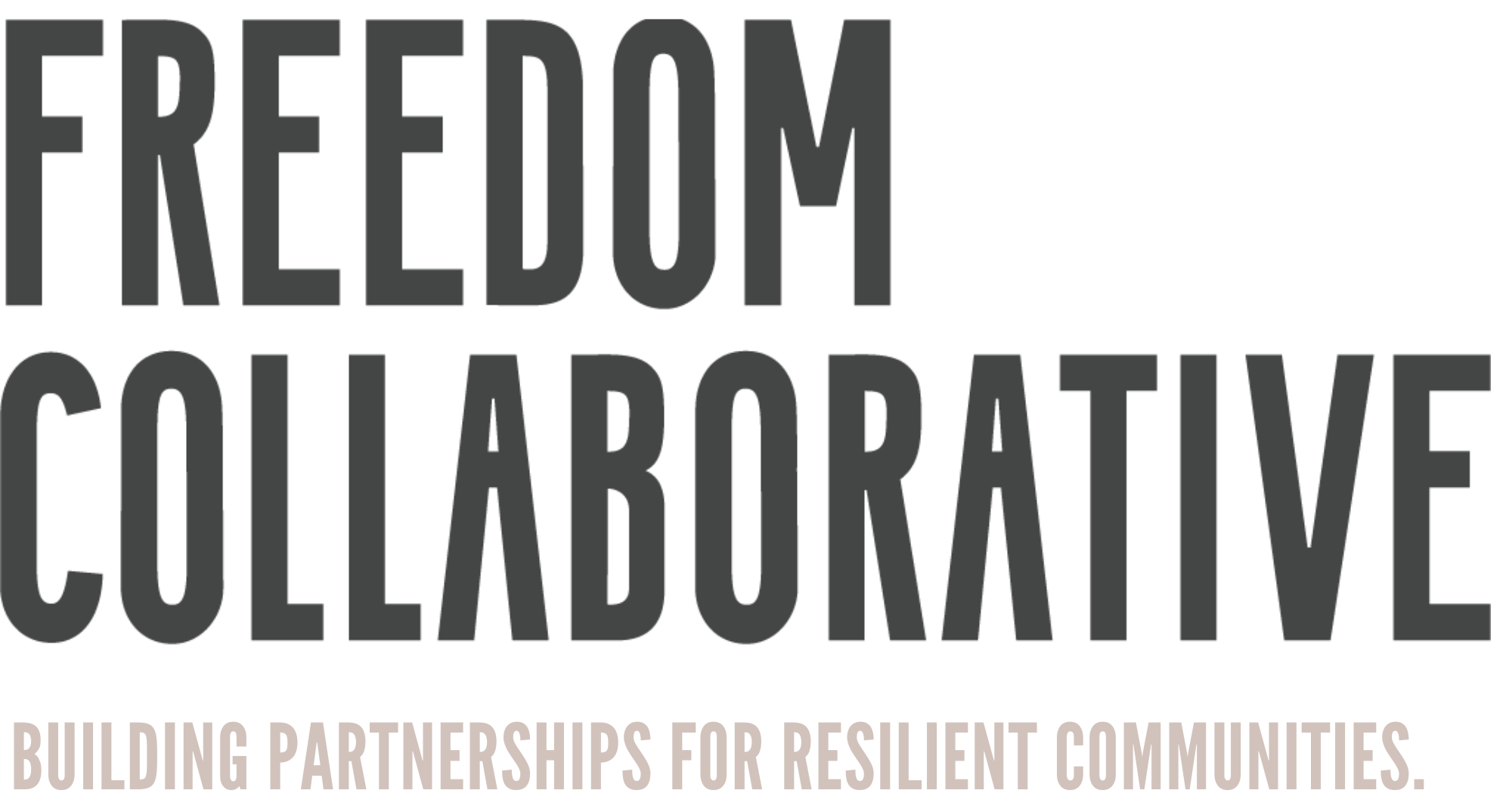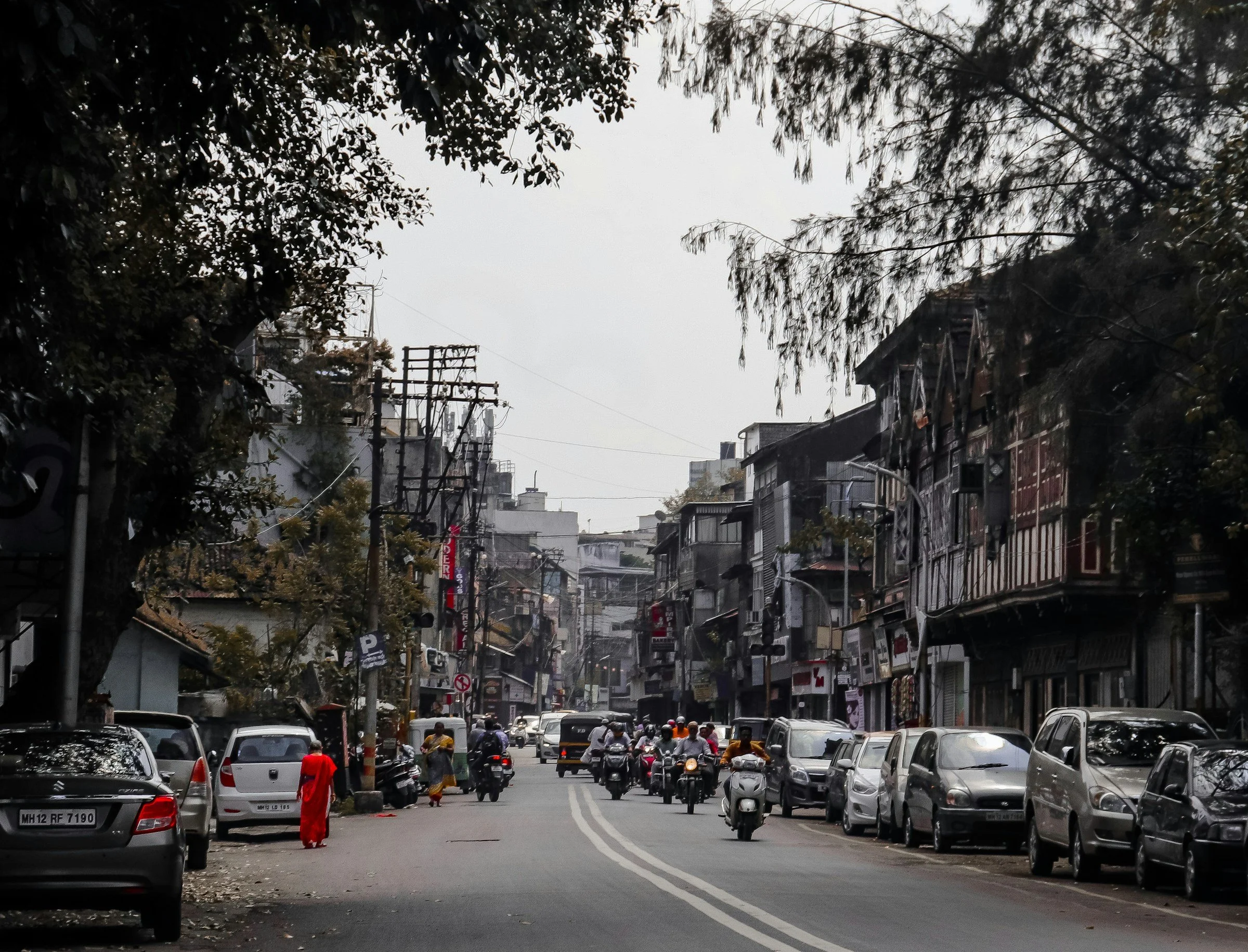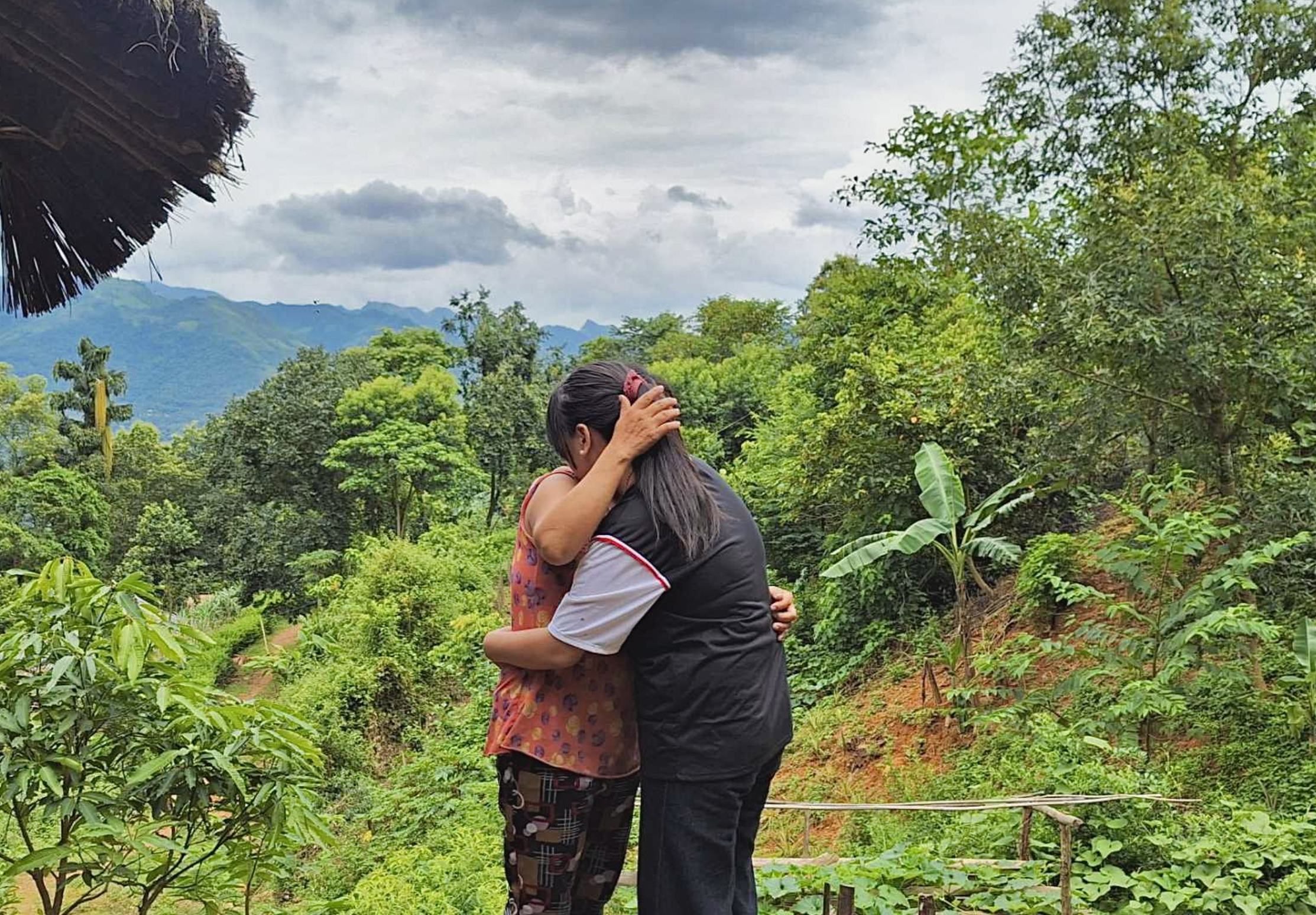Strengthening capacity at the local level is a key linkage point in effective ATIP
Policy implementation can break down at the district and village level when capacity is lacking, yet the local embeddedness of these actors is also essential to effective anti-trafficking policy. Two case studies from northern Thailand offer examples of strengthening communication flow and coordinated knowledge from the bottom up and the top down.
Thailand has made significant progress setting the agenda at the national level with laws and policies to punish perpetrators of trafficking in persons, protect survivors, and prevent human trafficking. However, implementation and enforcement of those policies remained a challenge at the district, sub-district, and village levels, mainly due to limited capacity. Local actors, meanwhile, maintain deep connections in the communities and those in border districts, especially, witness the reality and can better understand the contextual challenges of migration and vulnerabilities to exploitation. Ensuring robust information flow at this key linkage point is critical to coherent, coordinated anti-trafficking policies and strengthens anti-trafficking effectiveness as a whole. Two case studies from Chiang Rai Province, in northern Thailand, provide examples of ways to ensure a robust flow of information from the bottom up and the top down.
In 2020-2021, under the auspices of the USAID Thailand CTIP project, World Vision hosted Roundtable Forums in Chiang Rai to facilitate discussion between migrant workers, the children of migrant workers, local government, CSOs, employers, and community leaders to identify key challenges and attempt to shift the approaches of policy makers and service providers to recognize and include migrant voices. Representatives from the national and provincial levels also attended (a similar project was also conducted in Surat Thani, in southern Thailand). In the course of these group discussions, several key challenges that migrants face came to light, including: the lack of language accessibility in employment contracts or government agency communications, excessive fees associated with regular migration that unintentionally push migrants toward irregular channels, travel restrictions that impede critical services like access to timely child health care, and bureaucratic challenges in accessing services such as religious funeral ceremonies without formal documentation which authorities will not issue.
As a result of the Roundtable Forums, hundreds of new labor violation cases were properly filed, new language translators were hired and registered, new multimedia resources were developed and disseminated to improve communication, and migrant assistance centers were established. Participants highlighted that this was the first time that all relevant perspectives had been included, and drew a direct linkage between this inclusion and the increase in labor cases being filed appropriately in this period. Allowing migrant workers and their families to advocate directly to policy makers shifted the power dynamics, marking an attitudinal shift towards viewing migrants as having legitimate claims upon those making decisions that impact them.
World Vision also worked on a pilot project from 2019-2021 to facilitate information flow and capacity building from national levels down to the district level. Under a national directive to improve intra-agency coordination, the Provincial Social Development and Human Security office, World Vision, FOCUS and the District Chiefs of four border area districts in Chiang Rai – Chiang Saen, Chiang Khong, Mae Sai and Wiang Khaen – established four new district-level ATIP Committees. These committees aimed to address gaps in anti-trafficking policy implementation and strengthen the capacity of front-line practitioners to identify trafficking survivors and redirect them to the appropriate protection and integration services. Because of the physical distance between the locus of many irregular border crossing channels and the offices of provincial authorities, coordination between district and provincial authorities was a challenge. The committees provided training and capacity building, not only in proper identification of and response to trafficking situations, but also in identifying problems and developing step-by-step solutions that are responsible to the specific needs of their communities. As a result of the committee work, there was a measurable increase in knowledge and strengthened coordination that facilitated the rescue, repatriation, and provision of assistant services to at least 70 Thai victims who had been smuggled across the border for purposes of forced criminality in special economic zones in Laos. Cross-border coordination with counterparts has been, and continues to be, led most often by district-level actors.
The Roundtable Forums provide a great example of the inclusion of voices from the “bottom-up” while the ATIP Committees are excellent examples of coordinating responses from the “top-down.” The district-village level is a pivotal center in ensuring coherent, coordinated anti-trafficking policies. Ensuring robust information flow at this center is key.
Have You Considered…?
The Asia Foundation recently shared about Indonesia’s shortage of lawyers. With fewer than 100,000 registered advocates, there aren’t enough pro bono lawyers to provide services for the 26 million Indonesians living below the poverty line. Meanwhile, private lawyers are also constrained in their capacity to offer pro bono legal services. They don’t have enough time and they feel ill-equipped to meet the needs of disadvantaged groups. According to the article, “Even lawyers committed to pro bono work said that they lacked experience handling cases involving poor and marginalized populations, and had limited connections to civil society organizations and networks that could link them to pro bono clients.” The article cites the importance of strengthening collaboration between bar associations as key entities that can encourage and enforce pro bono representation and promote the implementation of legal education programs for marginalized groups. The Asia Foundation is helping to build the technological capacity of bar associations, which should make it easier to track members’ pro bono obligations. With more efficient access to members needing to fill pro bono obligations, the bar associations may provide a more efficient way for CSOs working with trafficking victims to connect to legal services, thus helping bridge gaps between anti-trafficking networks and the legal networks.
Share your news
Post your experiences from the field and initiatives to feature





